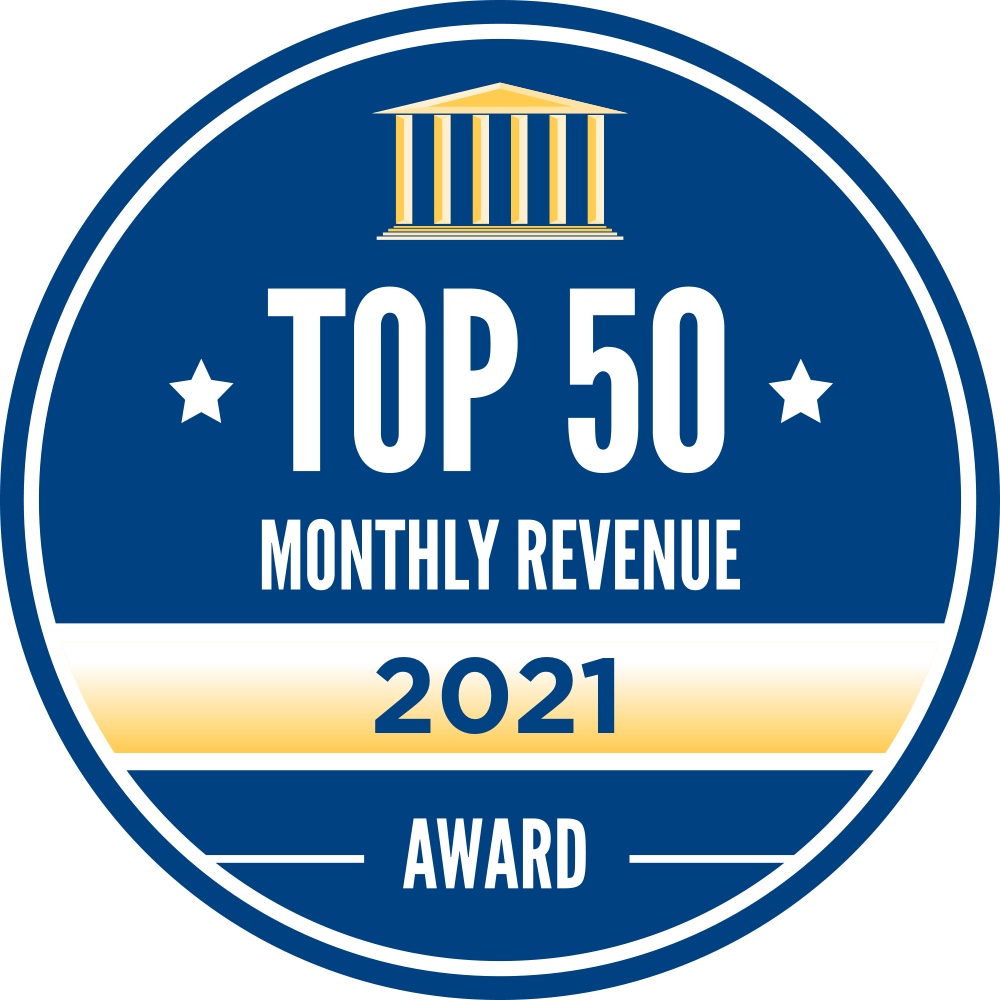Canadian bond yields hit their highest level since April in recent days, and a number of lenders have responded by starting to raise some of their mortgage rates.
CMLS, MCAP and First National were among the non-bank lenders to increase at least some of their rates, with their broker rates rising 10-30 bps.
The 5-year bond yield, which leads fixed mortgage rates, closed at 0.67% on Monday, a 10-month high. As funding costs rise, lender margins get squeezed to the point they can no longer absorb the increase without passing it on to borrowers.
What’s Driving Yields Higher?
There are a number of domestic factors contributing to the run-up in bond yields, but much of the impact is coming from south of the border, according to Dave Larock of Integrated Mortgage Planners.
“The current surge in bond yields is really a U.S. story, with GoC bond yields taken along for the ride…” he writes. “Simply put, the recent run-up is a response to the growing consensus belief that U.S. inflationary pressures will rise more quickly than previously expected.”
North of the border, sentiment is largely positive on the expectation that COVID-19 vaccines will finally spell the end of the pandemic and its restrictive lockdown measures. Not to mention, the economic impact of the Government of Canada’s own proposed $100 billion of post-pandemic stimulus spending.
Will Mortgage Rates Continue to Rise?
Nothing is certain, of course. Bond yields also jumped back in November 2020 on news of Pfizer’s COVID-19 vaccine proving effective in trials, which caused some at the time to suggest rates would start rising. Instead, they continued to fall, right up until last week.
“For my part, I continue to believe that the current run-up in bond yields will be temporary, and it is worth remembering that nothing goes up or down in a straight line,” Larock wrote. But he also acknowledged rates won’t remain low indefinitely.
“The only thing that has been holding lenders back is stiff competition—no one wants to be the first to move higher,” he said. “Regardless, the dam will break very soon.”
Rob McLister, founder of RateSpy.com and mortgage editor at RATESDOTCA, sees this rise in yields as more sustained, saying mortgage rates have “turned the corner.”
“Expect further hikes,” he wrote, noting that bond yields have soared roughly 30 bps since February 1. “There’s still no sign of increases from the big guns (major banks), but if this yield climb persists, it’s just a matter of time [that they will follow].”
How Should Mortgage Shoppers Respond?
For those with a mortgage closing in the next few months and who are considering a fixed mortgage, the experts offer two words of advice: lock in.
“It’s rate-hold time if you’re closing a mortgage between now and the end of June (since most rate guarantees last only 120 days or less),” McLister said.
“Some lenders will milk their current low rates for all they’re worth in order to keep the volume flowing…But don’t bet on that lasting long…unless there’s a further derailment of our economy, which is possible, but less probable the further we get into 2021.”
For those leaning towards a variable rate, those aren’t currently at imminent risk of rising, since they are priced based on prime rate, which rises or falls depending on the Bank of Canada’s overnight target rate movements.
At its last rate decision in January, the Bank of Canada said its overnight target rate of 0.25% will likely remain unchanged until 2023, providing assurances to borrowers that now is still a good time to purchase a home.
Another point to remember is that, despite any small to moderate increases in the 5-year fixed rate, Larock notes that borrowers will still have to qualify based on the government’s 4.79% mortgage stress test.
“So, an increase in real rates won’t have any impact on the amount they can actually borrow,” he wrote. “If you’re in the market for a mortgage today, the usual tips apply. If you will want a fixed rate, which is likely, lock in a pre-approval to guard against rising rate risks.”


